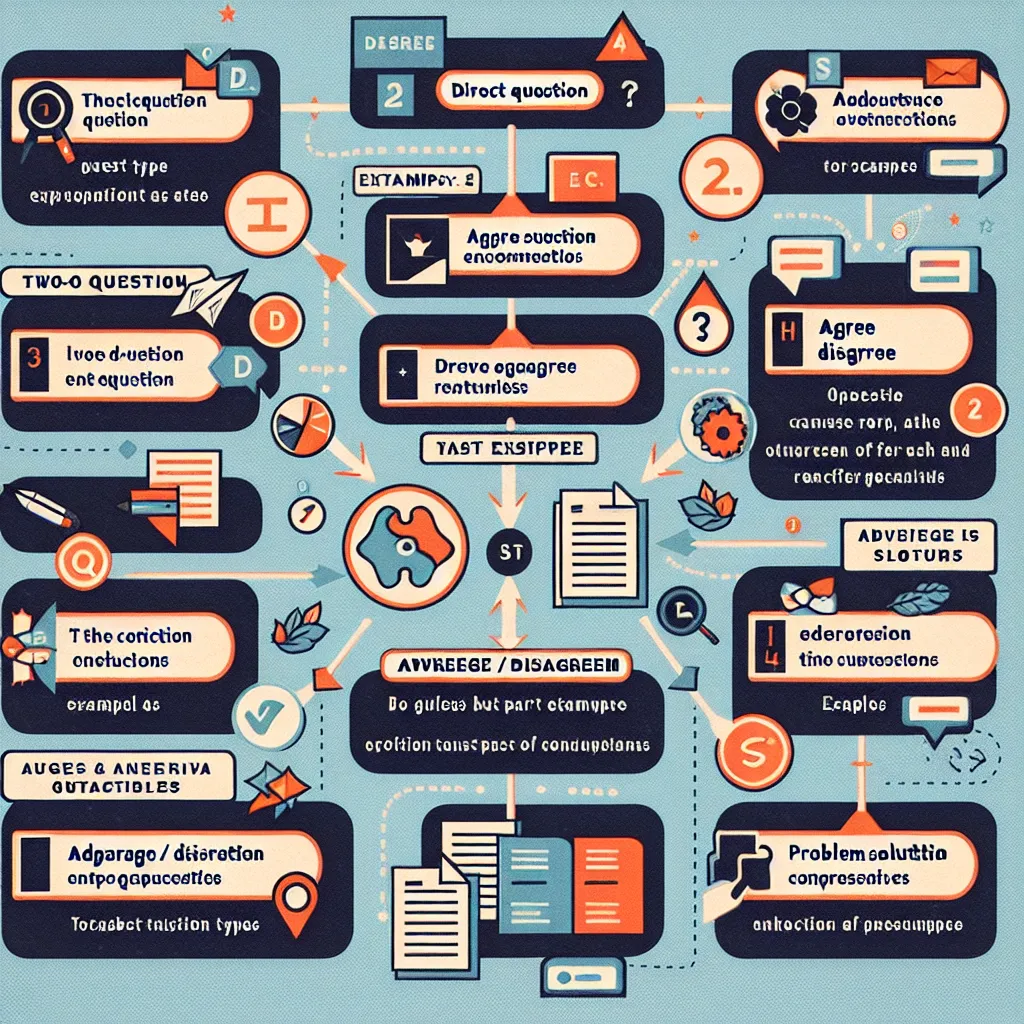Are you preparing for a Cambridge exam and looking for the best self-study resources? You’ve come to the right place! As an experienced Cambridge exam instructor and content creator, I’ll guide you through the top materials and strategies to help you succeed in your exam preparation.
Understanding Cambridge Exams and Self-Study Resources
Cambridge English Qualifications are renowned worldwide for assessing English language skills. These exams, ranging from A2 Key to C2 Proficiency, require thorough preparation. Self-study resources play a crucial role in this process, allowing learners to practice at their own pace and focus on areas that need improvement.
 Cambridge Exam Preparation
Cambridge Exam Preparation
Top Cambridge Exam Resources for Self-Study
1. Official Cambridge English Textbooks
Official Cambridge English textbooks are invaluable resources for exam preparation. These books are designed specifically for each exam level and provide:
- Authentic exam papers
- Detailed explanations of exam format and question types
- Practice exercises aligned with exam standards
- Answer keys and sample responses
Recommended titles include:
- “Complete PET” for B1 Preliminary
- “Objective First” for B2 First
- “Advanced Trainer” for C1 Advanced
2. Online Practice Tests
Online practice tests are essential for simulating exam conditions and familiarizing yourself with the digital format. Cambridge English offers:
- Free sample tests on their official website
- Paid full-length practice tests with detailed feedback
These tests help you:
- Manage your time effectively
- Understand the exam structure
- Identify areas for improvement
3. Cambridge English YouTube Channel
The official Cambridge English YouTube channel is a treasure trove of free resources, including:
- Exam tips and strategies
- Grammar and vocabulary lessons
- Speaking test demonstrations
- Live Q&A sessions with examiners
Regularly watching these videos can significantly enhance your exam preparation and overall English skills.
4. Cambridge Dictionary and Write & Improve Tool
Two essential online tools for Cambridge exam preparation are:
- Cambridge Dictionary: An authoritative resource for definitions, pronunciations, and example sentences.
- Write & Improve: A free tool that provides instant feedback on your writing, helping you improve your skills for the writing sections of Cambridge exams.
5. Cambridge English Mobile Apps
Cambridge English offers several mobile apps to support your exam preparation:
- Exam Lift: Provides daily activities and progress tracking
- Exam Prep: Offers exam-specific practice questions and tips
- English Grammar in Use: Interactive grammar exercises based on the popular book series
These apps allow you to practice on-the-go and make the most of your study time.
How to Use Cambridge Exam Resources Effectively
To maximize the benefits of these resources:
- Start with a diagnostic test to identify your strengths and weaknesses.
- Create a study schedule that covers all exam sections.
- Use official textbooks as your primary study material.
- Supplement with online resources and mobile apps for additional practice.
- Take regular practice tests to monitor your progress.
- Use the Cambridge Dictionary and Write & Improve tool to enhance your vocabulary and writing skills.
- Watch YouTube videos for exam strategies and insider tips.
Important Considerations
When using Cambridge exam resources for self-study:
- Ensure you’re using up-to-date materials, as exam formats can change.
- Don’t rely solely on one resource; use a combination for comprehensive preparation.
- Practice all language skills: reading, writing, listening, and speaking.
- Pay attention to time management during practice tests.
- Familiarize yourself with the scoring criteria for each exam section.
Next Steps in Your Cambridge Exam Preparation
After familiarizing yourself with these resources:
- Take a full-length practice test to assess your current level.
- Create a detailed study plan based on your results.
- Join online Cambridge exam preparation forums to connect with other learners.
- Consider finding a speaking partner for conversation practice.
- Set realistic goals and track your progress regularly.
Remember, consistent practice and a well-rounded approach using various resources are key to success in Cambridge exams. Good luck with your preparation!
[internal_links]




